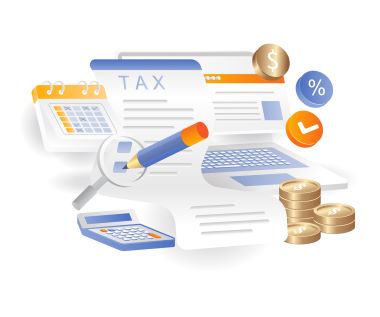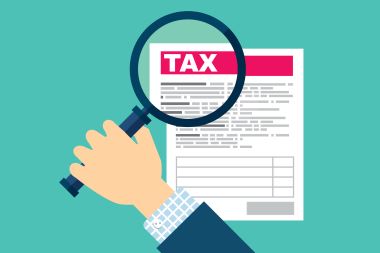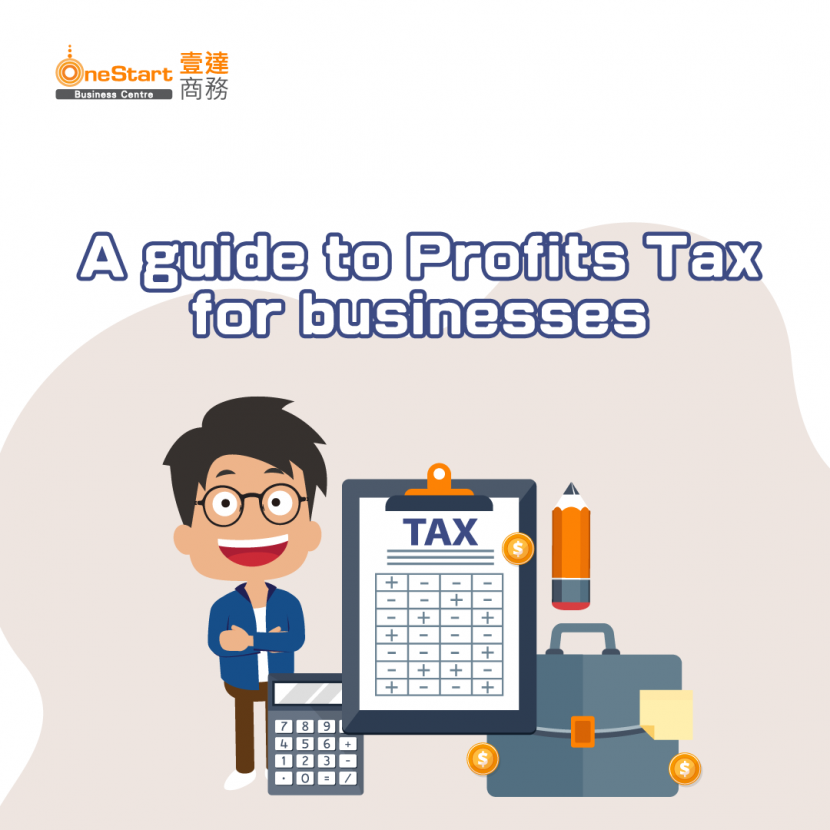Related Article:
【Start a Online Shop Promotion】$1618 for Business Registration and Additional Services!
Should You Open an Online Store? Essential read of its Pros and Cons
Table of contents |
Starting a new company? Do not let your first tax filing become a challenge! Understanding tax filing requirements not only helps you prepare financial records and documents with confidence but also ensures the successful completion of this crucial task. The first tax filing can be daunting, involving extensive financial data and documentation, including all records of income and expenses since the company's inception. This article will provide you with a detailed breakdown of the key points for your first tax filing and answer common questions.
1. When Will You Receive Your First Tax Return Form?
According to the Inland Revenue Department, new companies will receive their first tax return form within 18 months of incorporation. The deadline for filing the first tax return is three months, with no extensions permitted. Failure to submit on time may result in fines or legal liabilities.
How to Choose a Year-End Date?
Choosing the right year-end date has a significant impact on your company's financial management and tax filing. Companies are free to select their year-end date, but most opt for March 31 to align with the Hong Kong government's fiscal year. If your company's operations are in sync with the calendar year, December 31 can also be chosen as the year-end date. This helps in better tracking annual income and expenses and reduces conflicts between the year-end and holidays. For more information on choosing an appropriate year-end date, please refer to the related article: Fiscal-Year-End: How Should a Company Choose an Appropriate Fiscal Year-End Date?

2. What Expenses Are Tax-Deductible?
Deductions are a crucial part of tax filing that can help reduce your tax burden. In Hong Kong, companies can deduct the following operating expenses:
All expenses incurred for generating business income are tax-deductible. It is essential to retain relevant receipts and invoices as proof that these expenses were paid in pursuit of taxable profits. Failure to claim deductions in accordance with Hong Kong tax regulations may result in a fine of HK$10,000, along with an additional penalty of up to three times the amount of underpaid taxes.
- Operating Costs: Such as utilities, phone bills, management fees, air-conditioning charges, office expenses, purchase costs, and transportation fees.
- Employee Salaries and Benefits: Including salaries, allowances, bonuses, severance pay, long-term service payments, and other employee benefits.
- Rent Expenses: Rent paid for office, warehouse, or shop space.
- Depreciation of Fixed Assets: Depreciation costs of fixed assets like machinery, air conditioning, vehicles, and all business-related repair costs.
- Business Insurance Costs: Commercial insurance purchased for the company, such as liability insurance and property insurance.
- Insurance: All business-related insurance costs, such as employee compensation insurance and group medical insurance, can be deducted as business expenses from taxable profits.
- Professional Fees: Including accounting, company secretary, and audit fees.
- Mandatory Provident Fund (MPF) Contributions: Employer contributions to the MPF for employees, with a deduction limit of HK$ 18,000 per person per year.
- Entertainment Expenses: Expenses for entertainment and social activities (excluding personal expenses)
- Research and Development Costs: Including research in marketing, industrial, or management matters.
- Bad Debts: If bad debts are later recovered, they must be recorded as income.
- Capital Expenditure: Expenditure on acquiring specified intellectual property.
- Donations: Donations to recognized charitable organizations, with the total donation amount being no less than HK$ 100 and not exceeding 35% of adjusted assessable profits.

3. What Documents Are Required for Tax Filing?
When filing taxes, companies must submit the tax return form along with documents proving their financial status, including the profit and loss account, balance sheet, tax computation, and an audit report audited and signed by a qualified accountant. For more details, refer to the related article: When to File Taxes? Decoding the Hong Kong Company Tax Filing Schedul
Professional Accounting and Auditing Services
OneStart Business Centre offers a one-stop solution for accounting, auditing, and tax filing services. In addition to preparing financial statements, we ensure that the tax filing process complies with legal requirements and maximizes the use of lawful tax exemptions.
- Accounting Services: Simply provide us with your monthly invoices and receipts, and our professional team will tailor accurate monthly, quarterly, and annual financial statements for you, including balance sheets and profit and loss accounts, assisting your company in managing financial affairs and controlling costs to improve financial efficiency.
- Auditing Services: Under the Companies Ordinance, Hong Kong companies must appoint a qualified accountant to audit financial statements, and the audit report is one of the essential documents to be submitted during tax filing.
- Tax Services: Providing annual tax filing services according to the requirements of the Inland Revenue Department, including organizing accounting records, preparing and submitting financial reports, calculating taxes, and filing various tax returns.

4. Conclusion
The first tax filing requires thorough preparation, understanding of relevant regulations, choosing an appropriate year-end date, and hiring professional accounting and auditing services to help you handle tax filing matters with ease.
Good financial management and tax planning are not just about legal compliance but are also the foundation of a company's sustainable development. As your business grows, tax strategies should evolve. Regularly updating yourself on the latest tax policies will help your company maintain a competitive edge in Hong Kong's challenging business environment.
While this article provides detailed guidance, tax matters often involve complex legal and financial considerations. It is advisable for new companies to seek advice from professional accountants and tax consultants during their first tax filing to ensure compliance with the law and to maximize tax benefits.
OneStart Business Centre has years of experience and dedicated staff to assist enterprises in Company Tax Filing and business registration service. Please feel free to call or WhatsApp (852) 3575 6888 to our OneStart Business Consultant.
Click to WhatsApp OneStart:
Know More About Our Services:
 |
 |
 |













